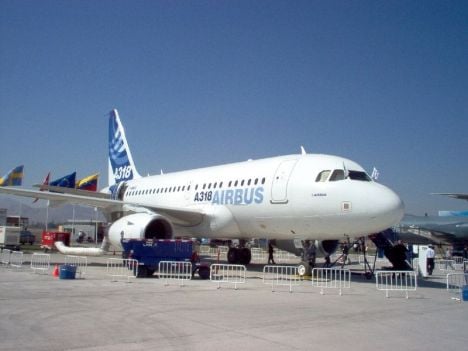EADS, owner of plane maker Airbus, attributed the fall in net profits to exchange-rate adjustments and forecast stable operating profits for the whole year and rising sales, it said in an earnings statement.
Airbus logged a series of huge orders for hundreds of its planes at the Paris air show last month, including many for its new relatively fuel-efficient medium-haul A320neo model.
“Our results for the first half of 2011 mirror the strong demand in the commercial aviation sector,” said the chief executive of EADS, Louis Gallois, in the statement.
EADS, which also manufacturers military technology, said its sales in the first half of 2011 were up by eight percent to 21.9 billion euros compared to the same period last year.
Orders surged 89 percent percent to 58.1 billion euros.
“EADS 2011 revenues should be above the 2010 revenues,” the statement said.



 Please whitelist us to continue reading.
Please whitelist us to continue reading.